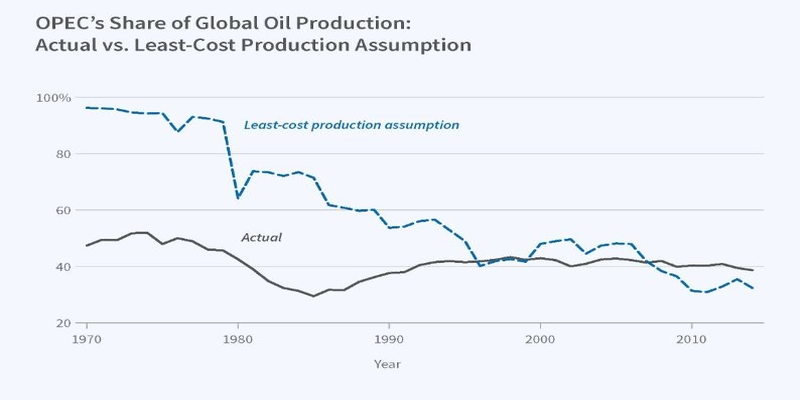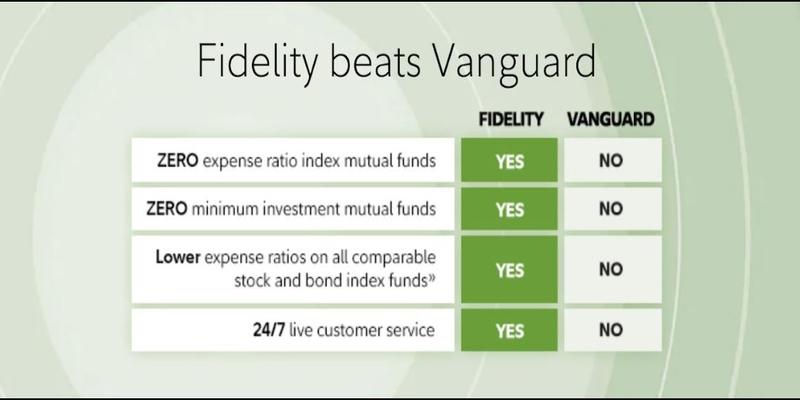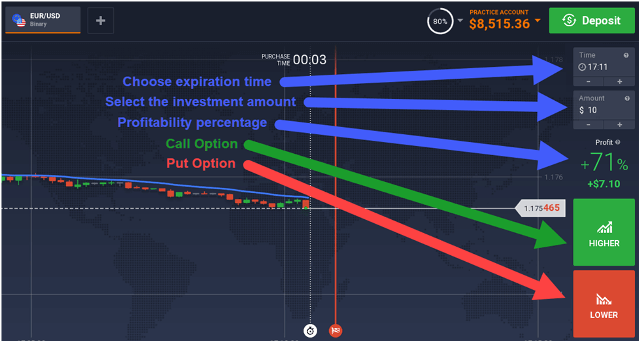How Are Private Equity and Hedge Funds Taxed? Everything You Need to Know
The present tax system in the United States has various contentious components advantageous to hedge funds and private equity businesses. These unique tax benefits are referred to by opponents as loopholes, while supporters defend them as an authorized means to reward risk.
The different tax systems that govern hedge funds and private equity affect the techniques that fund managers use and the rewards that investors receive. Exploring the effects of taxes provides insight into the overall performance of various investment vehicles, allowing investors to make more educated decisions about allocation and portfolio management. This guide will help you know how private equity and hedge funds are taxed.

Difference between private equity and hedge funds
Private equity organizations combine investor funds, which they use to acquire and manage already-existing companies. They try to raise the worth of those businesses by reducing expenses and using other strategies so they can sell them for a healthy profit in the future. Only a few partners are the investors in private equity businesses, which general partners manage. Additionally, hedge funds combine investor capital and use it for various objectives to produce exceptionally high returns.
In contrast to mutual funds, a more well-known investment, hedge funds frequently employ riskier investment strategies. According to the U.S. Securities and Exchange Commission (SEC), hedge funds are not covered by the same disclosure protections, such as leverage.
Like private equity funds, hedge funds are limited partnerships with a general partner overseeing the investments.2 Securities and Exchange Commission of the United States. "Hedge Funds: Investor Bulletin." Hedge funds and private equity serve wealthy people and huge institutional investors who can afford to take on additional risks. Institutions and people are generally legally required to be accredited investors to invest in them.
What exactly is a hedge fund?
A different investment class, a hedge fund, seeks to generate active client returns by seizing various market opportunities. They are frequently organized as partnerships for private investments. Usually out of reach for the typical investor due to their high minimum investment requirements. Instead, the best hedge funds serve qualified investors with a sizable asset size, a high net worth, and a high income. Since hedge funds are typically seen as illiquid, investors must have a long-term perspective and cannot profit from transient profits.
Fund Structure and Compensation
Hedge funds and private equity firms may have different investing methods, but their organizational structures are comparable. Since almost all are set up as partnerships, their profits are not subject to firm-level taxes. For the most part, partnerships are channels for distributing taxable gains or losses and tax characteristics to each partner individually.8 However, they can also control how tax attributes are allocated and prevent assets and income from being taxed due to that distribution.
Two categories of partners exist. General partners are fund managers who oversee the investment strategy. Although the general partners frequently put their money in the funds, this usually only makes up a modest portion of the fund's overall amount.
The limited partners are external investors who provide funds without control over management or investment choices. Typically, these are either large-cap individual investors or institutional investors such as insurance companies, foundations, endowments, and public and corporate pension funds. Unlike general partners, limited partners often contribute a sizable portion of the total assets under management for the fund.

Possession of Interest
A lot of hedge funds are set up to profit from carried interest. In this arrangement, a fund is handled like a partnership. At the same time, the investors are referred to as limited partners, and the founders and fund managers are referred to as general partners.2. The founders also own the hedge fund's management company. As the fund's general partner, the managers receive a 20% performance fee of the carried interest.
How are hedge funds and private equity taxed?
Private equity firms, hedge funds, and partnerships are typically considered flow-through entities (pass-through entities). It means they avoid double taxation by passing their whole tax responsibility to their investors instead of being liable to taxation themselves as corporations are. Every year, the fund will provide a Schedule K-1 to limited partners. It details their portion of the gains or losses made by the fund, which they must subsequently disclose on their tax filings.
Limited partners are not required to pay self-employment tax for Social Security and Medicare since they are regarded as passive investors rather than active proprietors. Six In contrast, other pass-through entity types' income, like that of sole proprietorships, are liable for the tax. For instance, the exemption eliminates 15.3% of taxes on the first $160,200 income in 2023, saving $24,510.60. In 2024, the exemption rises to $168,600.7.

Can Anyone Make Investments in Hedge Funds or Private Equity?
According to federal securities rules, a person must meet the requirements for accredited investors to take part in a hedge fund or private equity offering. The U.S. Securities and Exchange Commission (SEC) states that this entails possessing at least one of the following characteristics:
- A minimum expectation for the current year of an earned income of not less than $200,000 ($300,000 with a spouse or spousal equivalent) in the prior years.
- Having a net worth over $1 million, either by themselves or in partnership with a spouse or comparable, excluding a primary residence
- A valid Series 7, 65, or 82 securities license
- Furthermore, each fund has its minimum investment criteria, ranging from $100,000 to $500,000.
Is it Possible to Invest in Hedge Funds Using Mutual Funds?
Indeed. Mutual funds have a sub-classification called funds of hedge funds. These funds are accessible to private investors who are unable to fulfil the income or asset requirements for participating directly in a hedge fund. Typically, they invest in several hedge funds.
Conclusion
Under the current U.S. legislation, hedge funds and private equity have certain benefits that enable investors to pay less tax on their profits than they would if they didn't have them. These laws are still in effect despite receiving a lot of criticism. I hope this guide answers all of your queries regarding how private equity and hedge funds are taxed today.












